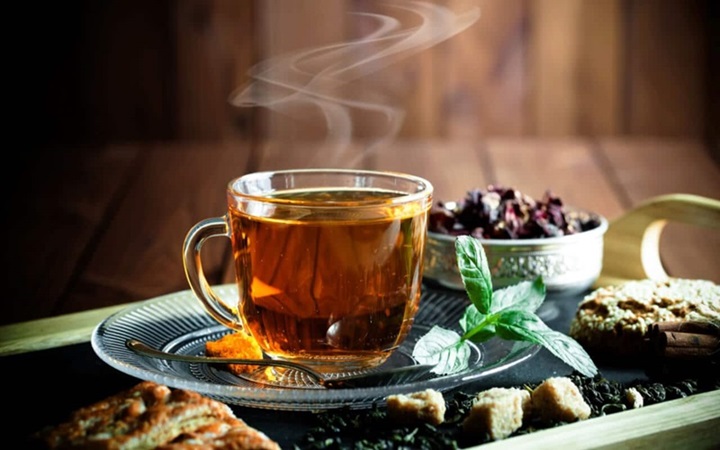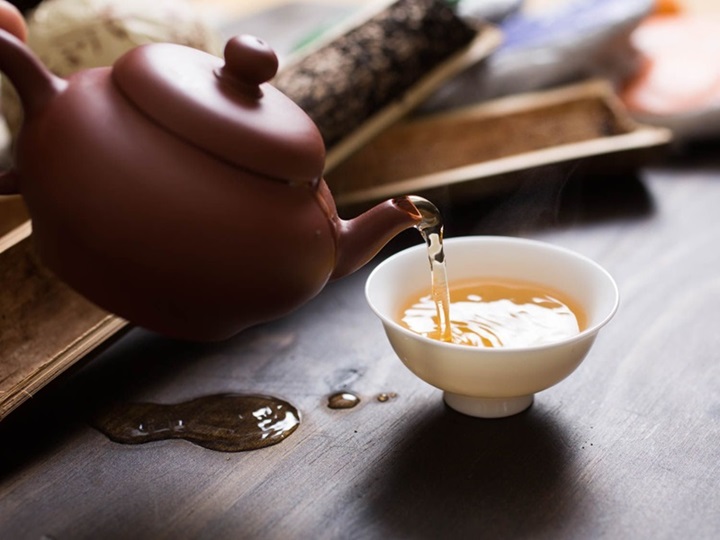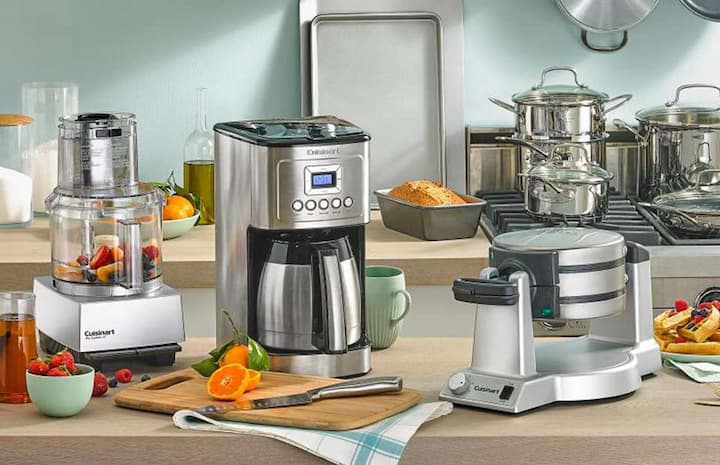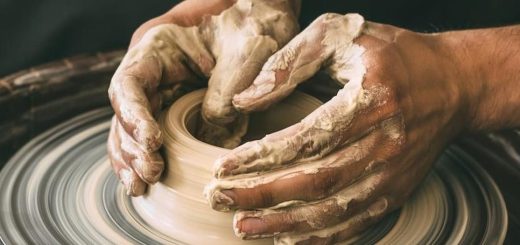Ceylon Tea 101: Different Types and Benefits
Tea has a unique way of bringing comfort, warmth, and peace of mind to your day. Whether you prefer brewing loose-leaf tea or using convenient tea bags, it’s surprising how transformative a cup of tea can be. Among the many varieties available, Ceylon tea stands out as a favourite among tea connoisseurs, celebrated for its rich flavour, fragrant aroma, and antioxidant properties.
What Is Ceylon Tea?

Ceylon tea originates from Sri Lanka and is made from the leaves of the Camellia sinensis plant. Known for its bold flavour and aromatic qualities, it comes in three primary types: black, green, and white tea. Black Ceylon tea is the most popular of the three, admired for its robust taste.
Interestingly, the flavour and aroma of Ceylon tea can vary depending on the elevation at which it is grown. Tea cultivated at higher elevations tends to have a lighter colour and flavour, while lower-elevation tea boasts a deeper red-orange hue and richer taste.
- Green Ceylon Tea: Primarily grown in the Uva province of Sri Lanka, this variety offers a bolder flavour with malty undertones, making it distinct from the green teas of China or Japan.
- White Ceylon Tea: Produced in the mountainous Nuwara Eliya region, this tea is prized for its subtle pine notes and gentle sweetness. It is the most expensive variety, often referred to as “silver tips.”
To ensure you’re purchasing authentic Ceylon tea, look for Sri Lanka’s “lion logo” on the packaging. This mark guarantees the tea was cultivated in one of Sri Lanka’s regions and meets the standards of the Sri Lankan Tea Board.
Types/Grades
Ceylon tea is also categorised by the size and style of its leaves, which influence its flavour and quality. Here’s a guide to the most common grades:
Orange Pekoe
Without a doubt, this is considered the best type of ceylon. It’s the highest potency because its leaves are longer and thinner than usual. This type of Sri Lankan tea is also characterised by its delicate flavour and smooth texture.
Pekoe
When compared to the Orange Pekoe, this type of tea seems to be slightly bitter. It’s made from different leaves which are shorter and twisted.
Broken Orange Pekoe
As the name suggests, this type of tea is made from broken leaves instead of whole leaves. These leaves are also considered to be more fibrous and more astringent. You should know that when sold in tea bags, you may notice smaller tea leaves inside them which is completely normal.
Flowery Broken Orange Pekoe
This tea is made with the use of coarse and older broken leaves, however, it can also contain tips of leaves. The flowery broken orange pekoe has a milder flavour component and it is known for its distinctive flavour.
Silver Tips
This Ceylon tea is made from the youngest tea plant buds and it has a smoother flavour and velvety body. However, this tea also has hints of sweetness, so if this is something you are looking for in tea, you should try it.
Dust
This is considered the lowest grade and is typically used in large commercial brewing made from ground-up tea leaves. Aside from this, it also contains fine particles.
Is Ceylon Tea Safe For Pregnancy?
Ceylon tea, particularly in its black and green forms, is naturally lower in caffeine than coffee, making it generally safe for pregnant women when consumed in moderation. However, excessive consumption should be avoided to minimise the risk of complications.
For most adults, Ceylon tea is a safe and beneficial addition to their daily routine. Its numerous health benefits make it an excellent choice for anyone looking to improve their well-being.
Benefits
Rich in Antioxidants
Ceylon tea contains high levels of antioxidants such as catechins, flavonoids, and polyphenols, which support overall immune health. These compounds help combat free radicals—harmful molecules linked to pollution, smoking, and other environmental stressors. By neutralising free radicals, antioxidants can protect healthy cells, slow premature ageing, and reduce the risk of chronic illnesses.
Improved Hearth
Regular consumption of Ceylon tea may lower the risk of heart disease. Its anti-inflammatory properties improve blood circulation and reduce inflammation, which can help prevent blood clots. These benefits make it an excellent choice for heart health when consumed moderately.
Increased Energy
Although Ceylon tea contains less caffeine than coffee, it can still provide a gentle and sustained energy boost. The amino acid L-theanine slows the absorption of caffeine, leading to a longer-lasting effect without the jitters or crashes often associated with coffee.
Final Thoughts

Ceylon tea is more than just a beverage; it’s a celebration of flavour, tradition, and health benefits. With its diverse range of types and grades, there’s a Ceylon tea to suit every taste. Whether you’re drawn to the robust notes of black tea, the malty undertones of green tea, or the mild sweetness of white tea, each cup offers a moment of relaxation and renewal.
For those seeking quality and authenticity, always check for the Sri Lankan lion logo to ensure you’re enjoying the finest Ceylon tea. As long as you drink it moderately, Ceylon tea can become a delightful and healthful addition to your daily routine.





